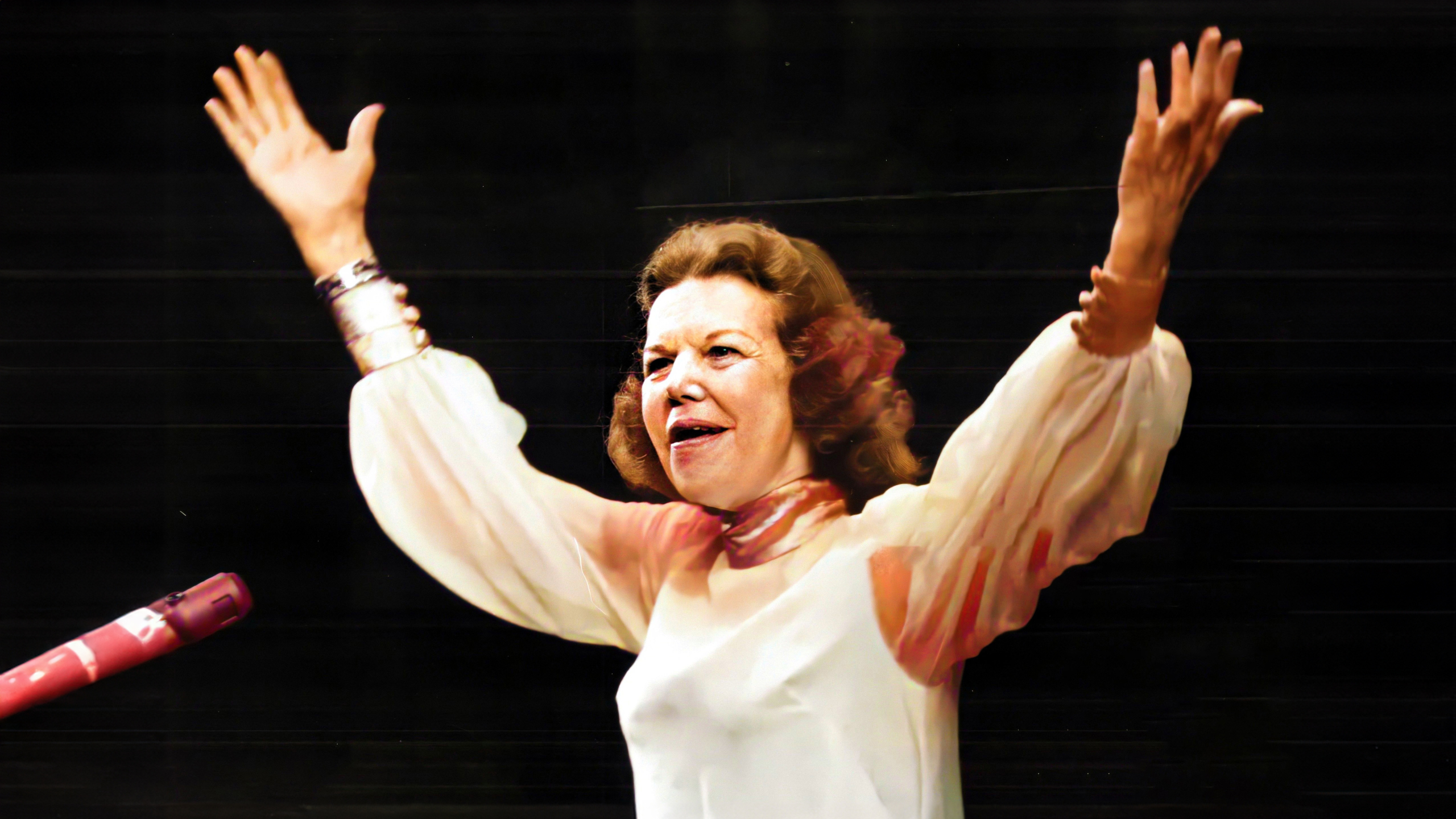By Francisco Arboleda
Recently, while completing some tasks at home, I suddenly felt the presence of the Lord. It came so quickly and heavily that I had to stop and lean into His presence. I heard the Lord say, “Fill the space.”
Immediately, I put down what I was doing and went into a private room where I could begin to pray.
The Lord continued, “My mandates are not optional, they are my orders for my people; if you don’t fill the space someone else will.”
That word provoked me and brought the fear of the Lord with it. The thought of the enemy filling spaces that the children of the Lord leave open is troubling, to say the least.
I believe the Lord is bringing His people into a revelation of His authority like we have not seen before, and through this word, and others like it in the days to come, the Body of Christ will have an opportunity to engage with the Holy Spirit to activate the Lord’s mandates across the earth.
We are in challenging times in our nations. But as we choose to seek God above all else, the Bible promises that the whole earth will be filled with the knowledge of the glory of the Lord.
In this hour, it is of critical importance to remember the authority we have in Him… AND how to use that authority. It’s not for selfish gain. Remember, what the Lord gives, He gives for the benefit of all people.
I want to share some key insights so that you can engage with this word today.
“Fill The Earth”
In Genesis 1:28, we are told that “God blessed them and said to them, ‘Be fruitful and increase in number; fill the earth and subdue it….’” Fill the earth is another way to say fill the space that He has entrusted to us.
A key word in this text is “be.” He wants us to “be”-come what He has mandated. We do this through the guidance of the Holy Spirit.
The Lord will help us to “be” a multiplier of Kingdom authority on the earth.
So here is your question to ponder with Him this month: Where can you partner with the Holy Spirit to become a Kingdom multiplier and fill the space(s) He has entrusted to you?
Ask the Holy Spirit where you may have the opportunity to increase.
Part of understanding authority is to realize that, as believers, we are to steward the blessings of the Lord. Can the Lord trust you with the blessings of heaven?
When the Lord told “man” (male and female) to fill the earth and subdue it (i.e., rule and reign on His behalf), Adam and Eve had not done a thing to earn that authority, but they did have the opportunity within their relationship with God to grow in their ability to steward all He had blessed them with.
It is the same for us today.
You do not need to “earn” the authority God has given to you in the spaces (realms, spheres, territories, and assignments) to which He has called and entrusted you. But it is time for us to steward the things He has given us so that we can begin to see the increase.
Hint: It’s more about your willingness to learn than what you already know.
We are Set Under the Authority of Jesus
In Luke 7:8-9 the Roman officer says, “For I too am a man set under authority, with soldiers under me: and I say to one, ‘Go,’ and he goes; and to another, ‘Come,’ and he comes; and to my servant, ‘Do this,’ and he does it.’” When Jesus heard these things, He marveled at him, and turning to the crowd that followed Him, said, “I tell you, not even in Israel have I found such faith.”
Can you imagine Jesus saying this about you? I believe He wants to. According to the Bible, God’s entire plan is to use those who believe in Him to show others how it should be.
We are to be an example to the world around us and in this story, we see Jesus pointing out exactly that.
I love what the centurion says, “For I too am a man set under authority.” There are a lot of places we can go in the area of authority, according to this teaching. But what I see on display here is the humility shown by this man. With Kingdom authority, a Christ-like humility is required. Remember, Jesus came to serve and not be served and yet was given all authority. He came down from heaven to display the mercy of our heavenly Father, and in obedience, took our place on the cross so that we might be saved.
In the case of the centurion, others responded to his authority, which was given to him by a superior authority. He also obeyed his superiors and carried out their orders. This earned him promotion within the ranks.
Similarly, Jesus is our Superior Authority, and the more we submit to Him, the more authority we carry into the world for the benefit of others.
Fill Your Space
Lastly, in the story of David and Goliath, the enemy is viciously taunting God’s people through Goliath, who is filling the space with mocking and taunts of defeat. The enemy was filling the space intended for the army of the Lord… God’s people cowered on the sidelines instead of defending their territory (space).
But all it took was one “David” to arise on behalf of God’s plans and purposes! Just one, who was willing to fill the space with truth, boldness, and confidence in the Lord. Just one, who was willing to step out into the “impossible” to take back the space and see the enemy defeated.
David learned to “fill the space” in the pastures and as an errand boy and worshipper. He came to know, love, and trust God in all things.
When you love God above everything – His ways, His commandments, His statutes – you discover how to let Him fill the space of your heart and mind. From there, we can then partner with Him to fill any space, realm, or territory on the earth.
It’s time to see an increase in the authority of the Lord in His people.
Are you ready to fill the space?
Are you ready to be a David? Are you willing to trust the Lord in all your ways? Are you willing to allow the authority of the Lord to grow in you as you move in obedience toward His mandates?
If so, join me in this prayer:
Lord, thank You for Your Word and Your promises… and that since creation, it was always part of Your plan that we would walk in the Kingdom authority You have given to us. Lord, help me to fill the spaces of my life with Your presence. I look to Your promises to follow You and lead others in the way we should go. I look to Your Word as orders for my life; I know You love me, and You’ll lead me where I should go. In Jesus’ name, help me to walk in Your authority and fill the spaces. Amen!
Francisco Arboleda
Francisco Arboleda is a key member of the Patricia King Ministries family. He was hand-picked by Patricia to serve as the Pastor of Shiloh Fellowship – a church with both a global and local outreach. He has the heart of a true shepherd, caring for and covering every member of the congregation. He is walking in his calling, and living his dream. His passion is to help others do the same.



